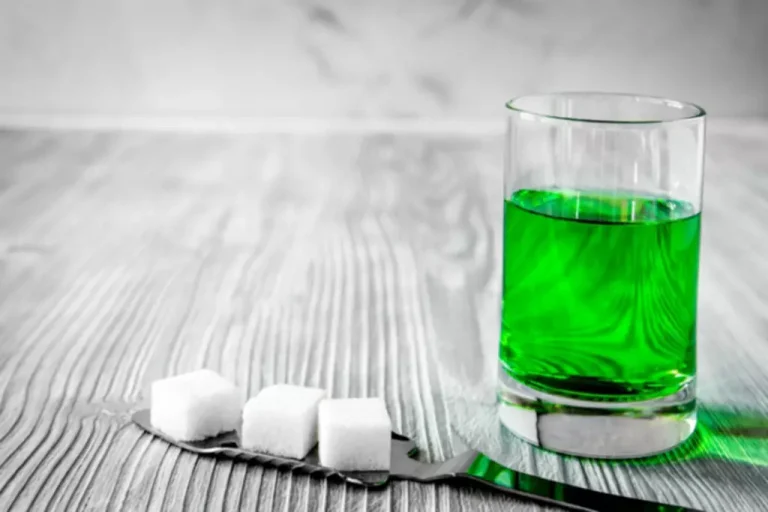
A recent successful effort in the U.S. to launch an international study was funded by the National Institutes of Health. Although the proposal was peer-reviewed and initial participants had been randomized to drink in moderation or to abstain, post hoc the NIH decided to stop the trial due to internal policy concerns. Getting extra folate may cancel out this alcohol-related increase. 18 An earlier study suggested that getting 600 micrograms a day of folate could counteract does alcohol have benefits the effect of moderate alcohol consumption on breast cancer risk. 17 There was no association with folate and increased breast cancer risk among women who drank low or no alcohol daily. While moderate alcohol consumption may reduce your risk of heart disease, heavy drinking may increase it.
- In addition to the health benefits listed below, research has found that those who give up alcohol for a month — whether it be Dry January, Lent or any other month — tend to drink less alcohol long-term.
- This means that non-alcoholic and low-ABV beers are often cheaper to buy than a similar full-strength beer.
- For women, it can increase the risk of breast cancer, impair bone health, and lead to mood changes.
- The long-term health risks of drinking include liver and heart disease, a weakened immune system and several types of cancer.
- Knowing your personal risk based on your habits can help you make the best decision for you.
Short-Term Effects

On the one hand, moderate amounts have been linked to health benefits. One study found that people who drank and ate during a problem solving test performed better than their sober counterparts. The study was necessarily limited, and alcohol can certainly have detrimental effects on brain functions when confused in excess. A little inebriation could get the juices flowing, but don’t chug an entire handle of vodka in hopes Alcoholics Anonymous of painting the next Mona Lisa.

Big Brains podcast
- In addition to proper storage and handling, it’s also important to check the fermented ginger beer regularly for signs of spoilage or contamination.
- Women who drank one to two glasses of vino had heightened sexual desire, compared to ladies who didn’t down any vino, a Journal of Sexual Medicine study found.
- To get a clearer picture of the health effects of alcohol, researchers and journalists must be far more attuned to the nuances of this highly complex issue.
- So, your system prioritizes getting rid of alcohol before it can turn its attention to its other work.
Alcohol also impairs bone fracture repair and reduces bone density. Drinking too much alcohol can weaken the immune system, making the body a much easier target for disease. Drinking a lot on a single occasion slows the body’s ability to ward off infections–even up to 24 hours later.
- Two persons exposed to alcohol in exactly the same way may or may not have the same outcome for many reasons, including genetic differences, personality, behavioral features, and environment.
- The authors argue that alcohol and all-cause mortality studies are too biased and confounding to support low-risk consumption guidelines.
- So there’s an issue of replicating the DNA accurately, but if you look at acid aldehyde, that’s way more powerful than ethanol.
- While moderate consumption may offer some heart and social benefits, excessive or habitual drinking carries significant health risks, including liver disease, addiction, cancer, and impaired mental function.
- “Long-term heavy drinking may contribute to cognitive decline and increase the risk of dementia and neurodegenerative diseases, such as Alzheimer’s disease and Parkinson’s disease,” adds Andrews.
- Dr. Sengupta shares some of the not-so-obvious effects that alcohol has on your body.
- To make fermented ginger beer at home, you will need a few basic pieces of equipment, such as a large glass container or jug, a cheesecloth or strainer, and some bottles with tight-fitting lids.
How pubs and bars should take advantage of Dry January and Sober October

In the 1980s and 1990s, for instance, alcohol in moderation, and especially red wine, was touted as healthful. Now the pendulum has swung so far in the opposite direction that contemporary narratives suggest every ounce of alcohol is dangerous. Until gold-standard experiments are performed, we won’t truly know.
